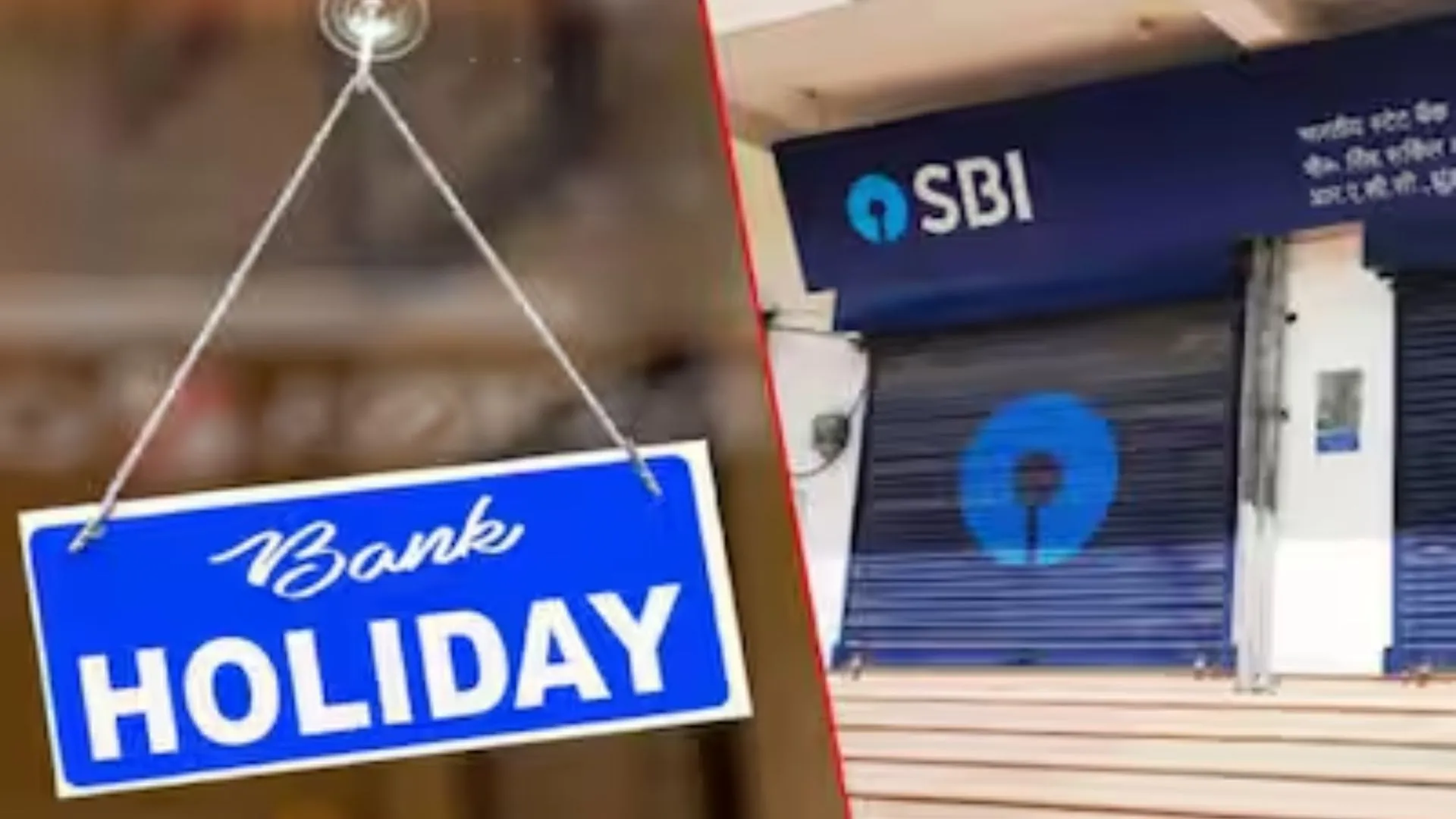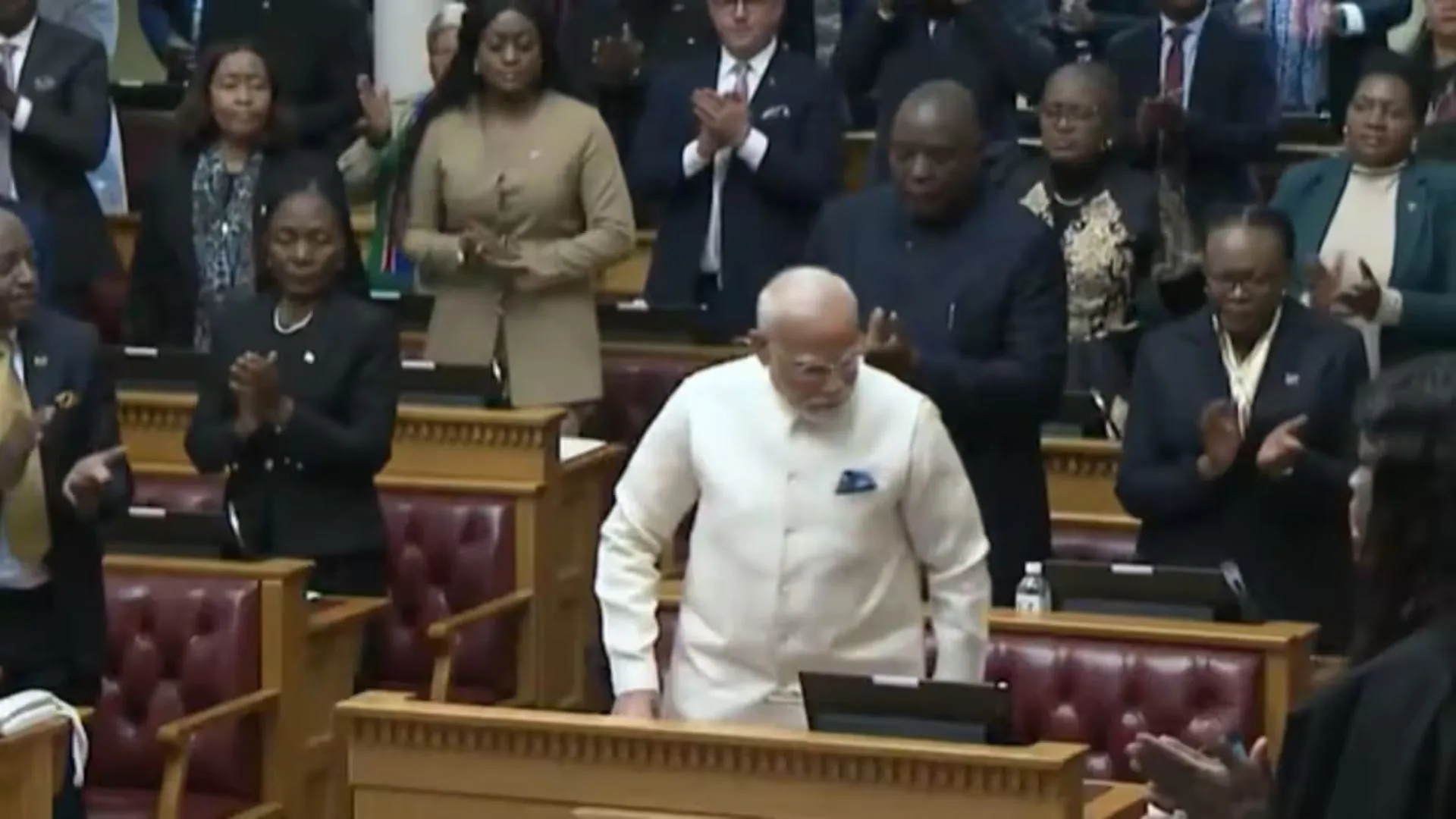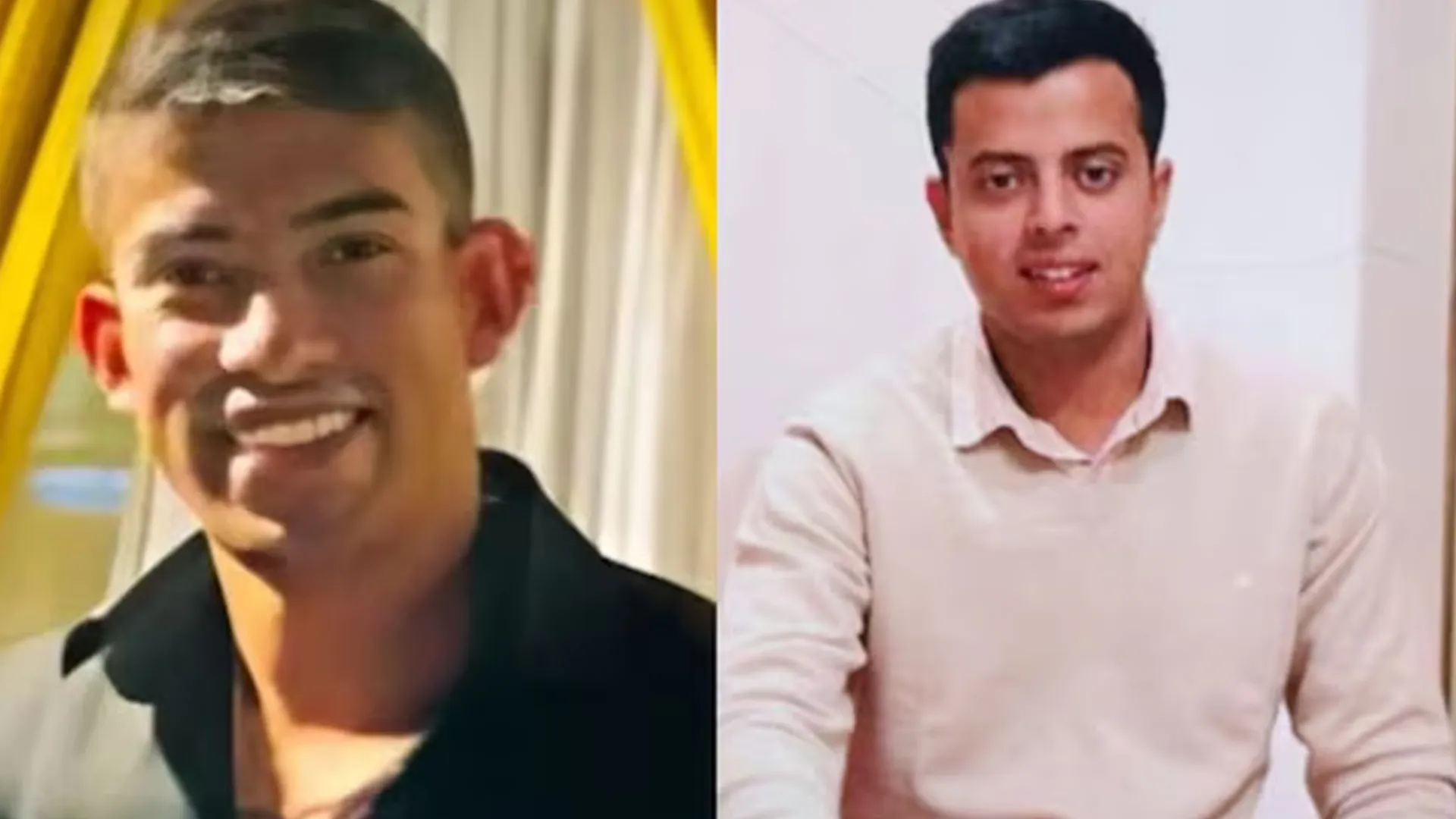Neha Singh Rathore is a singer from Jandaha, Bihar. She gained popularity in Bhojpuri folk music after graduating from Kanpur University with a B.Sc. in 2018. She began recording songs on her mobile and posting them on social media. This strategy, using social media, helped her quickly rise to fame. Her music blends traditional Bhojpuri folk with sharp political satire, which caught the attention of many.
Neha Singh Rathore’s big break came in 2020 when her YouTube channel surpassed 100,000 subscribers. Songs like Bihar Mein Ka Ba and UP Mein Ka Ba? became viral hits. However, her provocative lyrics drew legal attention, raising the issue of free speech versus political authority in India.
An FIR has been registered against Bhojpuri singer Neha Singh Rathore (@nehafolksinger ) by the Lucknow Police after the singer allegedly criticised the Narendra Modi government. In a viral video, the singer was heard stating that the Pahalgam attack, which claimed 26 lives, was… pic.twitter.com/6Z4imUAN3g
— Outlook India (@Outlookindia) April 28, 2025
Pahalgam Attack and Rathore’s Response
On April 22, a terrorist attack in Pahalgam killed 26 tourists in Jammu and Kashmir. Neha Singh Rathore responded on social media, blaming the Modi government for focusing on caste and religious issues instead of national security.
She linked the attack to the 2019 Pulwama attack and suggested it was a tactic for the upcoming Bihar elections. Her tweets sparked strong reactions from political parties and led to legal trouble, setting the stage for a major free speech debate in India.
Legal Backlash: Sedition Charges
Neha Singh Rathore faced a complaint in Lucknow, accusing her of anti-national remarks and inciting communal violence. She was charged under Section 124A (sedition) and Section 153A (promoting hatred between communities) of the Indian Penal Code. Authorities also accused her under the Information Technology Act for sharing inflammatory material.
This case raises important questions about free speech and national security. She defends her music as a critique of governance and social issues, not an attack on the country. Critics, however, argue her posts threaten national unity. The outcome of this case could set a precedent for how political expression is treated in India.
Rathore’s Political Satire and Legal Troubles
Neha Singh Rathore combines political satire with social commentary in her music. Songs like UP Mein Ka Ba? and MP Mein Ka Ba? criticize state governments for corruption and mismanagement. Her direct approach has often led to legal and political challenges. In 2021, UP Mein Ka Ba? Session 2 stirred controversy when she criticized the Uttar Pradesh government’s handling of a high-profile case, leading to police notices.
In 2023, she faced charges for comments on a public urination incident in Madhya Pradesh. She maintains that her music aims to inspire change, not violence. These ongoing legal battles highlight the complex relationship between free speech and political power in a democracy.
Social and Political Impact
Neha Singh Rathore’s case sparks a broader debate about the limits of free speech in India. Some support her right to speak out, while others argue her criticism harms national unity. The sedition charges show how the government seeks to control dissent, especially from artists who oppose the ruling party.
Her case also highlights the power of social media in political discourse. Platforms like YouTube, Facebook, and Twitter are vital for political expression, but they also expose users to legal risks. Rathore’s situation illustrates the tension between free speech and the government’s responsibility to ensure national security.
What the Case Means for Political Satire in India ?
Neha Singh Rathore’s legal battles signal a shift in how political satire is treated in India. Artists who challenge the political establishment now face more scrutiny and risk. If she is convicted, it could discourage others from speaking out, fearing similar legal consequences. This case could set a major precedent for how political commentary and satire are handled, particularly when targeting the government.
The case raises important questions about balancing political expression with national security. It shows the conflict between the government’s efforts to manage dissent and the power of digital platforms for political engagement. Rathore’s legal fight may determine the future of political expression in India.
Neha Singh Rathore: A Battle for Free Speech
Neha Singh Rathore’s legal battle is more than about sedition charges. It’s part of a larger discussion on free speech in India. Her case highlights the challenges artists and citizens face when speaking out against the government.
As she fights these charges, her case will shape the debate on political satire, social media, and the balance between free speech and national security. The outcome could have lasting effects on artistic expression and political discourse in India.





















